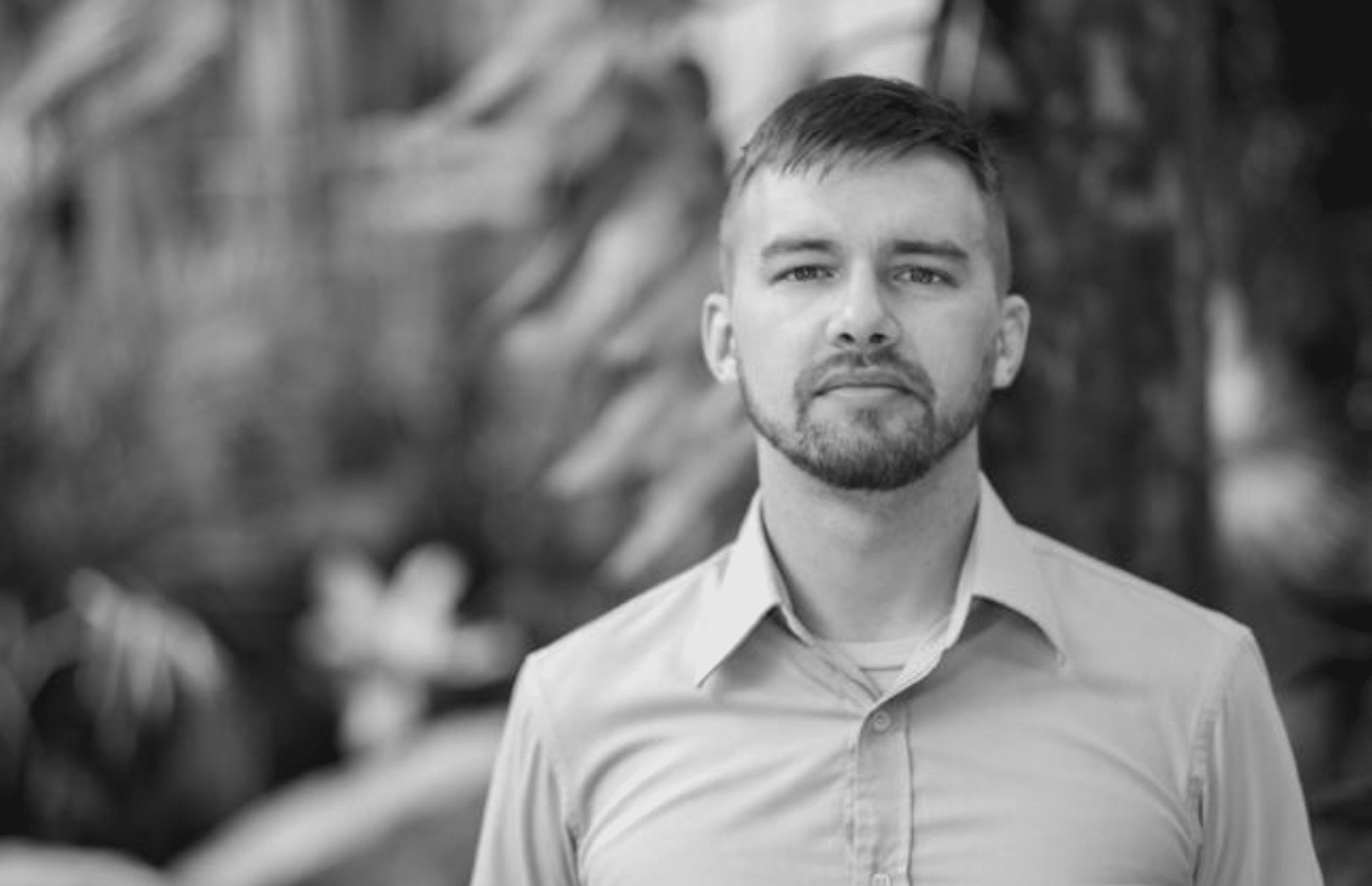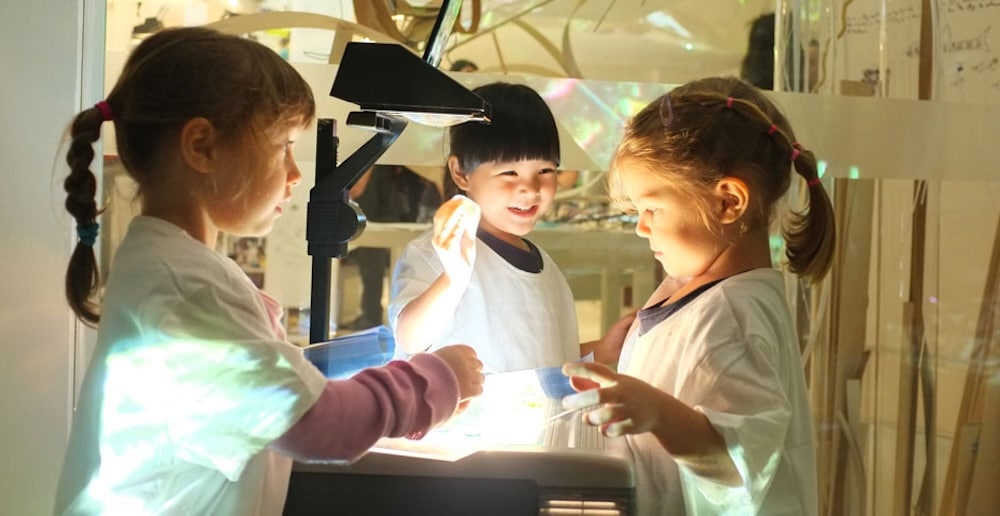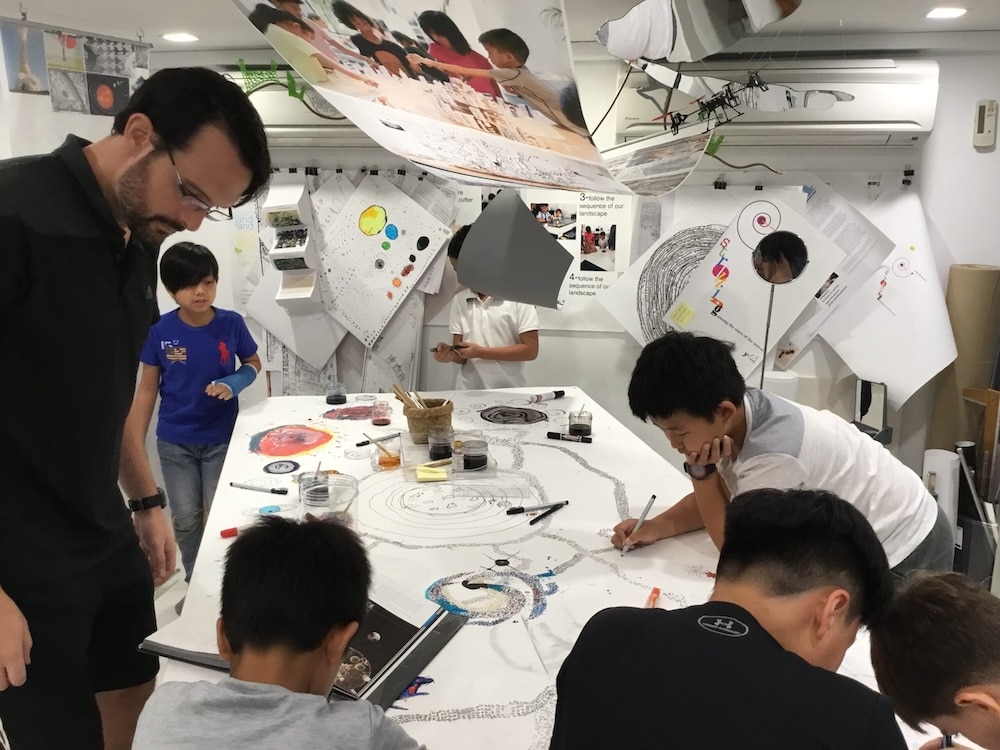What brought you to Primary Education and your role here at ELC?
My original training is as a high school science teacher, having completed my BSc in Science and BEd at the University of Manitoba, Canada. I first came to Thailand through a pre-certification teacher training programme, during which time I taught grades 5 and 6 science. Once I graduated, I returned to the same school in Thailand but in a different role as an upper kindergarten/grade 1 teacher. It was not my original plan to teach early years, but this experience changed my mind. I could see how excited young children were to learn, and that level of natural curiosity and raw passion they expressed made me reconsider my teaching plans. Any time I introduced an activity or experiment related to science or nature within class, you could see an explosion of pure joy, and ultimately I felt that teaching younger children would be more rewarding for me. After this, I had a variety of teaching roles in Thailand and Canada, including teaching high school biology and general sciences, and at the primary level, running an after-school science activities programme. I completed my MSc in Physical Geography at Simon Fraser University, Vancouver, which included fieldwork in the Canadian Arctic, studying how lakes are affected by climate change. I wanted to have experience doing scientific research and participating in that process before returning to primary education to improve my skills as a science communicator and educator.
I first came to ELC just for a visit, on the recommendation of some former colleagues. During my tour of ELC I saw Mr. Trevor building robots to clean up plastics from the river with his class; seeing the potential for these type of project explorations at the school completely captured me. The tour turned into a job offer and I’m now in my fourth year here.
Could you describe your role?
I have a dual role: I work with classes across the school years to support them with Project, and I also work 1:1 with children for learning support. There is quite a lot of crossover with these two roles; those classes that have a higher support caseload generally require more help with Project. This involves helping the class teacher and the children with any challenges they may have engaging with ideas or executing them. As part of the SSW team, I am also involved in strategy meetings to identify those children who might need some support, whether they are exhibiting certain social-emotional challenges and behaviours, having academic difficulties, or require academic enrichment. We make our learning support as personalized as possible to each child. As a team, we work together with teachers and families, to gather as comprehensive picture of the child as we can to provide the best support. We draw on different expertise, we are continually engaged in professional development and research into special educational needs and the latest evidence-based support frameworks, and where necessary, we can make recommendations for assessments and external providers such as educational psychologists. Having worked with many different families, I would say that there is sometimes resistance to accepting support, and one of the main things we want parents to understand is that help is a normal part of navigating life; no one gets through life alone and our school, every classroom, is a community in which we all help each other. Next year, I will continue to be in the SSW department, but my role will also include being Science Integration Lead. This will allow me to incorporate my science experience and expertise more deeply into the learning here, from an inclusion and SSW-based perspective.
How has your philosophy of teaching/approach developed over the years?
During my training I had some good mentors for science instruction, and it was largely inquiry based. My biggest struggle was in the way that I had learnt; I would be asked to simply copy down notes presented to me, which was hardly engaging. It was only when I went to university and had time in the laboratories and took some organic chemistry courses that something changed for me. I remember one experiment in particular; we made the chemical that went into the different flavoured Jolly Rancher sweets – this was a breakthrough moment for me. Most people prefer to learn when something is tactile – you can create something, build something, take something apart and figure out how it works. Over the years, I have been focused on how we make inquiry the core of teaching; I always try to start from an experience or goal of what you want to do or make, rather than starting with the answer and the prescribed formula. I continually learn and grow when I keep inquiry at the core of teaching. When children learn experientially it lasts.
As a primary educator, how do you best equip children with the necessary skills to navigate an uncertain future within the context of the development of AI and the fast-paced change in landscape of education?
One thing I’ve learnt, especially working with children who need support, is that generally, children are a lot more resilient than we give them credit for. What may seem daunting for us as adults is all that children know; they will not have the same apprehension about technology as it is embedded in their everyday lives. As for my philosophy of teaching, I believe that children need, above all, to be taught to think critically and solve problems. Whatever challenges they may face in the future, if they have those critical skills, instead of reacting with fear or emotionally, they can understand the problem and break things down into smaller pieces. I feel that we must embrace the change that is already here and empower children to figure things out for themselves. I understand that the instinct of a parent is often to protect and shield their child from the outside world, but what happens in school – in classes, in social interactions with peers – is that your child is learning how to become an independent adult. We are here to support them but also to let them fail in a controlled way. Schools should provide a safe environment, but also empower children to help themselves. At ELC and within the SSW department, we do a lot of work to develop children’s growth mindset – the skills and lessons to encourage positive self-talk and self-confidence, and to recover from setbacks or challenges in their learning and in their lives.
What or who inspires you?
Someone I always gravitate back to is Carl Sagan, the US astronomer and science communicator. He co-wrote the 1980s original television series, Cosmos, which took us on a journey through the various elements and theories of the universe. Sagan was a very passionate science communicator and I feel his message of the importance of scientific research and critical thinking is ever relevant today. Sagan was also someone who appreciated art, poetry, and the beauty of our planet – ‘the pale blue dot’. Taking that perspective of Earth as a small, fragile, beautiful thing for which we are responsible, inspires me to take care of our planet and the children who will inherit it.



